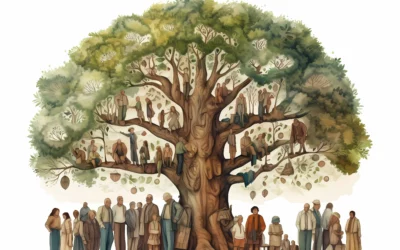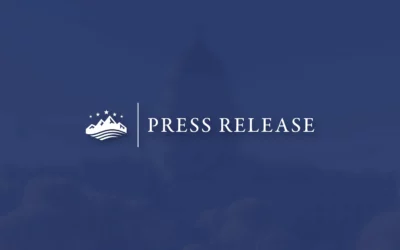
Written by The Likely Voter
May 30, 2024
![]()
Sutherland’s recent publication, What Good Does Religion Do?, by Bill Duncan, takes a deeper look into years of research and data on charitable giving and community care by religious groups and individuals.
In the publication, Duncan aims to defend religious freedom by highlighting the positive impact that religion has on society.
“Much like doctors, police officers, firefighters and other first responders,” Duncan wrote in the report, “people and organizations motivated by their religious beliefs are often looking to help resolve difficult situations that the rest of us simply want to get away from.”
Duncan references the COVID response as one of the many examples of the irreplaceable benefit of faith-based groups. He highlights nearly $2 million in donations from Islamic Relief USA for “food, hygiene and financial assistance” and the evangelical charity Samaritan’s Purse setting up a field hospital in Central Park in New York City to “help with the overflow of patients from a nearby hospital.”
Instances like the ones mentioned above, among others, is due primarily, Duncan says, to a sense of accountability to God and one another.
“The way I treat other people matters,” Duncan said in a recent episode of Sutherland’s podcast, Defending Ideas. “Because it’s the right thing to do, to help others that are in need.”
In an opinion piece for the Deseret News, Duncan stressed that protecting religious liberty on a governmental level is important if we hope to care for those in need.
[W]e are protecting unique motivations and encouraging the religiously motivated sacrifices that many people in society — especially vulnerable populations — depend upon when times are difficult. Whether we agree with the underlying beliefs or not, it is good for all of us that many of our fellow citizens are motivated by a higher cause.
This research has important implications for policymakers, as they may consider laws that impact the provision of social services by religiously motivated groups or individuals.
“Often well-intended, laws that regulate religious social service programs or religious businesses can force these organizations to take resources that would otherwise go toward helping vulnerable children or creating jobs that support families, and instead use them to fill out paperwork or pay for lawsuits,” Duncan said. “That outcome is good for no one.”

For a more in-depth perspective on this article, read our publication here.
Takeaways: the most important things voters need to know. For civically engaged citizens.

- Faith-based groups are on the front lines of relief efforts around the world.
- Religious people have a sense of accountability to God, driving them to be charitable.
- Protecting religious service programs from government intervention is best for those in need.
Read More
How 16 Utah school districts are strengthening parental partnership through online access
Parents and schools are better education partners when schools provide parents with access to curriculum information and parents effectively utilize it to support their students.
Sutherland recognizes school districts for transparency and access
The Partners in Learning Certificate provides public recognition for school districts that excel in fostering openness, trust, and collaboration between schools and families.
Ruling against school choice: A legal misread in Utah
A Utah court recently blocked school choice aid by ignoring clear legal text in favor of vague intent claims.



